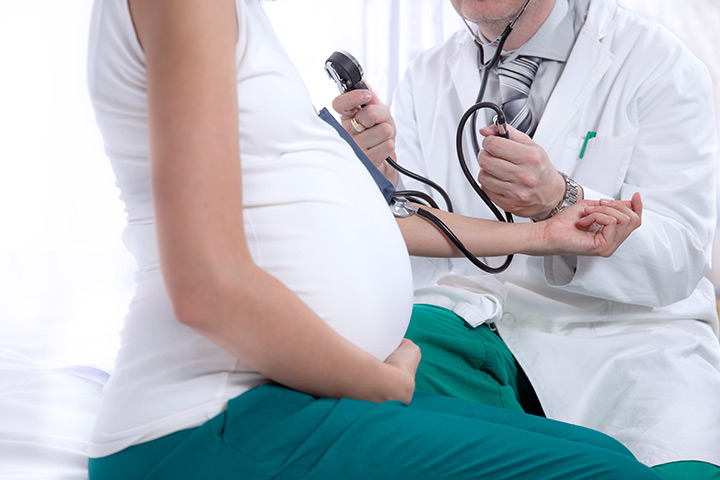Eclampsia is a rare but definitely life-threatening complication of pregnancy. It is so rare that, according to experts, it affects about 1 in every 2,000 to 3,000 pregnancies. This condition causes a pregnant woman to have seizures — episodes of disturbed electrical activity in the brain that can cause signs and symptoms such as convulsions (violent shaking), decreased alertness or staring. Even a pregnant woman who does not have history of seizures may suffer from eclampsia.
No one really knows what causes eclampsia. However, experts say that eclampsia often shows up after a pregnant woman has preeclampsia, a condition characterized by a sudden increase in blood pressure, edema or swelling, and albuminuria (the presence of excessive amounts of albumin, a protein type, in the urine) that usually happens after the 20th week of a woman’s pregnancy. If preeclamspia causes seizures or even a coma, it is said to have progressed to eclampsia.
Signs and Symptoms
Having the signs and symptoms of both preeclampsia and eclampsia is possible because the former may lead to the latter. However, some of the signs and symptoms associated with these complications of pregnancy may also be brought about by other problems, such as diabetes or kidney disease. A doctor has to rule out all the other possible causes.
The following are the signs and symptoms of preeclampsia:
- Nausea and vomiting
- Headaches
- Swelling in the face or hands (edema)
- Excessive gaining of weight
- Vision problems
- Trouble with urinating
These are the signs and symptoms related to eclampsia:
- Headaches
- Muscle pain
- Loss of consciousness
- Agitation
- Seizures
Risk Factors
Any pregnant woman who has or has had severe preeclampsia is at risk of having eclampsia. There are also a few other risk factors of eclampsia:
- Being pregnant for the first time
- Being under 20 years old and over 35 years old
- Being overweight
- Carrying twins
- Having headaches
- Having a history of malnutrition or poor diet
- Suffering from kidney disease, diabetes or any other health condition affecting the blood vessels
For reasons unknown by the experts, eclampsia tends to run in families. They add that African-American women are at higher risk of developing preeclampsia and eclampsia than white women.
Diagnosis
Once a pregnant woman has had preeclampsia or is already diagnosed with it, certain diagnostic tests will be ordered in order to determine whether the condition has worsened and turned to eclampsia. The following are some of the diagnoistic tests that may indicate why a pregnant woman is suffering from seizures:
- Urine tests. This is done to determine the presence of protein in the urine as well as the rate it is being eliminated by the excretory system.
- Several blood tests. Some of the blood tests include a hematocrit which measures the number of red blood cells present in the blood, and a platelet count which will reveal how the pregnant woman’s blood is clotting.
- Creatinine test. The presence of too much creatinine in the blood may indicate that a pregnant woman is suffering from preeclampsia or eclampsia. Creatinine is a by-product of the muscles that should be filtered out by the kidneys. If there’s too much of it in the blood, having problems with the kidneys is very likely.
Treatment
Medications for preventing seizures (anticonvulsants) and lowering blood pressure are usually administered for preganant woman with preeclampsia and eclampsia. Close monitoring of someone with preeclampsia is done to prevent the condition from progressing to eclampsia.
However, the only way to treat these conditions is by having the baby delivered. It is possible to have the baby delivered between the 32nd and 36th week of pregnancy. Such is done most especially if medications fail to work or very serious complications show up.













